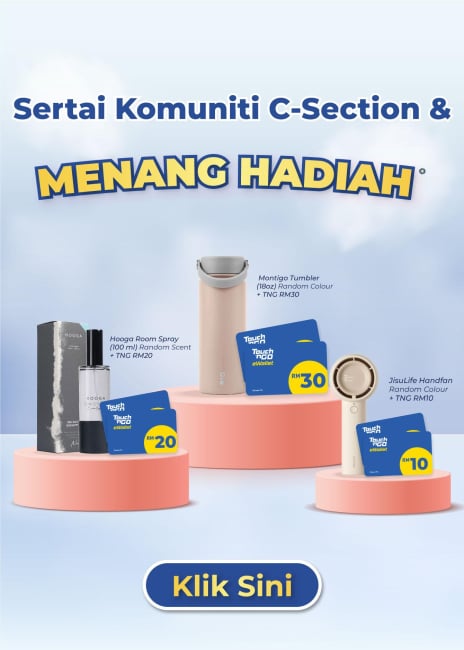Living with a chronic disease is never cheap. And that is certainly true for psoriasis, a condition that produces red, itchy, and sometimes painful patches on your skin. But there are simple free things you can do to help control your psoriasis. These strategies, in addition to taking medication, may reduce flare-ups.
Stress
It’s one of the most common triggers, says dermatologist Colby Evans, MD, chairman of the board of directors of the National Psoriasis Foundation.
Stress puts your body in a protective mode. It sends out the chemicals that cause inflammation and lead to flares.
Try exercise, yoga, or massage, Evans suggests, or take up hobbies you enjoy. They can ease your stress. So can techniques like progressive muscle relaxation, focused breathing, and mindfulness meditation.
You can talk to a therapist or stress-management counselor to get more ideas.
Use moisturizing lotions
Symptoms get worse when your skin is dry, so keep it moist with creams and lotions. Thick and oily ones, like petroleum jelly, are usually best. They’re better at trapping moisture beneath the skin. To help remove scales, apply cream on top of them, then cover the area with plastic wrap or another waterproof material. Leave it on for a few hours, then remove.
Alcohol
The 2010 study found that people with psoriasis tend to drink more alcohol. Unfortunately, alcohol is a trigger for many people with psoriasis. Another study from Brigham and Women’s Hospital saw an increase in psoriasis in those that drank non-light beer specifically. The increase was associated with two to three drinks per week. So if you want to prevent psoriasis, let’s cut down your alcohol consumption.
Excess sun
For people with psoriasis, too much sun can spell a major outbreak. Psoriasis is caused by overactive white blood cells that accumulate in the skin, causing skin cells to overproduce. Ultraviolet light kills those white blood cells, slowing the overgrowth of skin. Inflammation subsides and scaling and flaking are often reduced.
While a moderate amount of sun can relieve symptoms in some, sunburns can almost certainly cause a flare-up. If you find a small amount of sun actually helps your symptoms, just remember to keep it to a minimum.
Take care with meds
Certain medications can exacerbate or even trigger psoriasis, including lithium (used to treat bipolar disorder), beta-blockers (prescribed for heart problems), and nonsteroidal anti-inflammatory drugs (NSAIDs) such as aspirin.
Sulfonamide drugs, often used to treat urinary tract infections, can have adverse interactions with methotrexate (a commonly prescribed systemic medication for psoriasis), according to Steven Feldman, MD, PhD, a professor of dermatology at Wake Forest University in Winston-Salem, N.C. They can also cause photosensitivity, making you more sensitive to the sun.
Weather changes
Climate can have a big effect on psoriasis. When the weather is colder and drier, psoriasis tends to flare. Most people find their skin is better in the summer and worse in the winter. Hot weather usually makes it better, but not always.
Avoid scrapes, cuts, bumps, and infections
It’s extra important for people with psoriasis to avoid bumps and cuts. Trauma to the skin can cause a flare, a condition called “Koebner’s phenomenon.” Infections can also cause problems. Be especially careful when shaving. Avoid acupuncture, tattoos, and do your best to prevent insect bites and chafing.
Take care of your skin and scalp
Be careful with your skin. Never pick at patches or scales, as you may make your psoriasis worse. Use caution when trimming your nails. If you cut yourself, it might make symptoms flare. If you have psoriasis on your scalp, rub your topical treatments – such as tar shampoos – into your scalp. Regular bathing with soothing products, such as tar solutions, may bring relief, too.
[embed-health-tool-bmi]


















